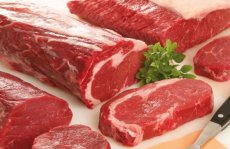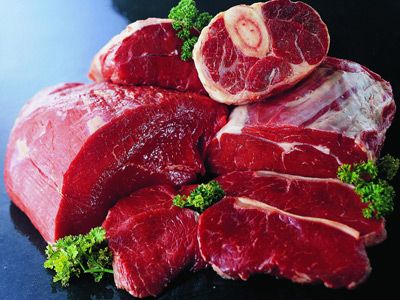New publications
Genes will tell us about the flavor of beef
Last reviewed: 01.07.2025

All iLive content is medically reviewed or fact checked to ensure as much factual accuracy as possible.
We have strict sourcing guidelines and only link to reputable media sites, academic research institutions and, whenever possible, medically peer reviewed studies. Note that the numbers in parentheses ([1], [2], etc.) are clickable links to these studies.
If you feel that any of our content is inaccurate, out-of-date, or otherwise questionable, please select it and press Ctrl + Enter.

The meat industry uses high technology to determine the quality of meat products. It is based on marbling, slaughter weight and muscle structure. However, traditional approaches are not enough to compete on an industrial scale.

"In the meat industry, it is vital to accurately predict the quality and taste of meat supplies before they reach grocery store shelves," said Geraldine Duffy, lead author of the study and director of the Food Research Centre in Dublin, Ireland.
During the research, a group of scientists led by Jean-François Aucette selected 3,000 genes that can influence the aroma, tenderness and juiciness of meat – the main criteria by which the quality of meat products is assessed.
The researchers also discovered so-called heat shock proteins, whose expression increases with increasing temperature. This additional family of genes is also one of the main determinants of meat quality.
The work of a team of French scientists led to the development of a DNA chip that could quickly analyze the activity of selected genes in beef samples. In parallel, a group of experts tested the same beef sample and assessed its quality. The scientists then compared the two sets of data, ranging from genetic analysis to a more primitive sensory assessment.
It turns out that genetic analysis can indeed provide a more detailed picture of meat quality.
"The next step will be to combine all these markers and use an algorithm to predict meat quality," comments Dr. Jean-François Aucette. "Some genetic tests to determine product quality already exist, but they are based on only a few markers and do not work for most breeds used in the EU," he adds.
Ultimately, one of the scientists' current goals is to create a consumer-oriented certification label that would include genetic criteria for the quality of the meat product.

 [
[